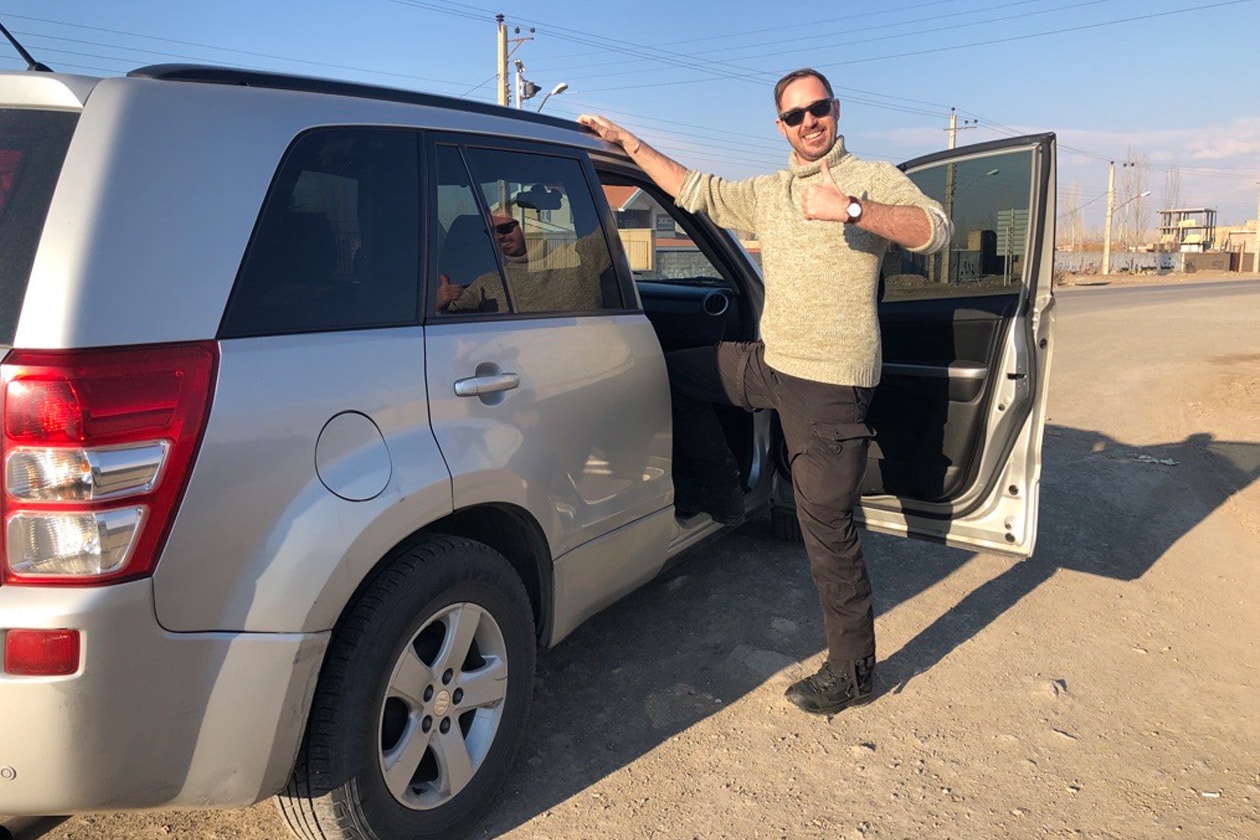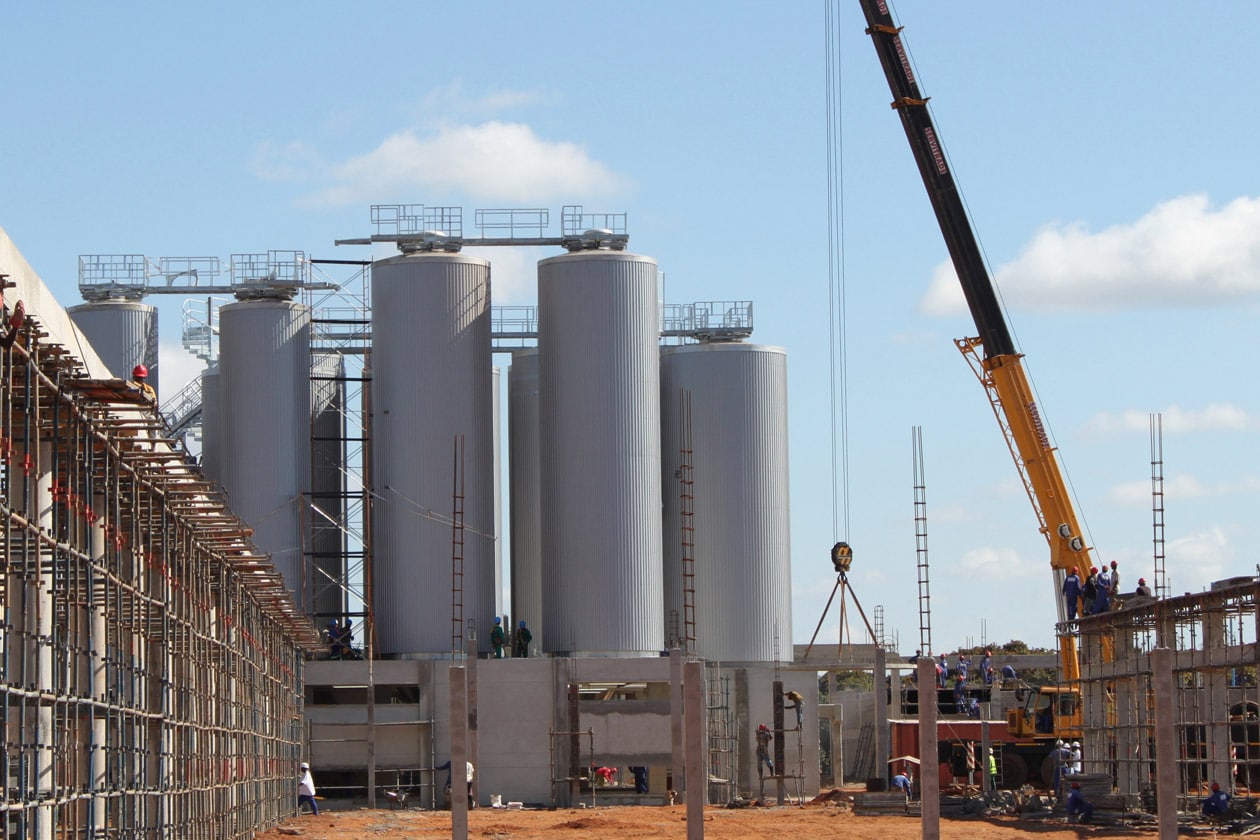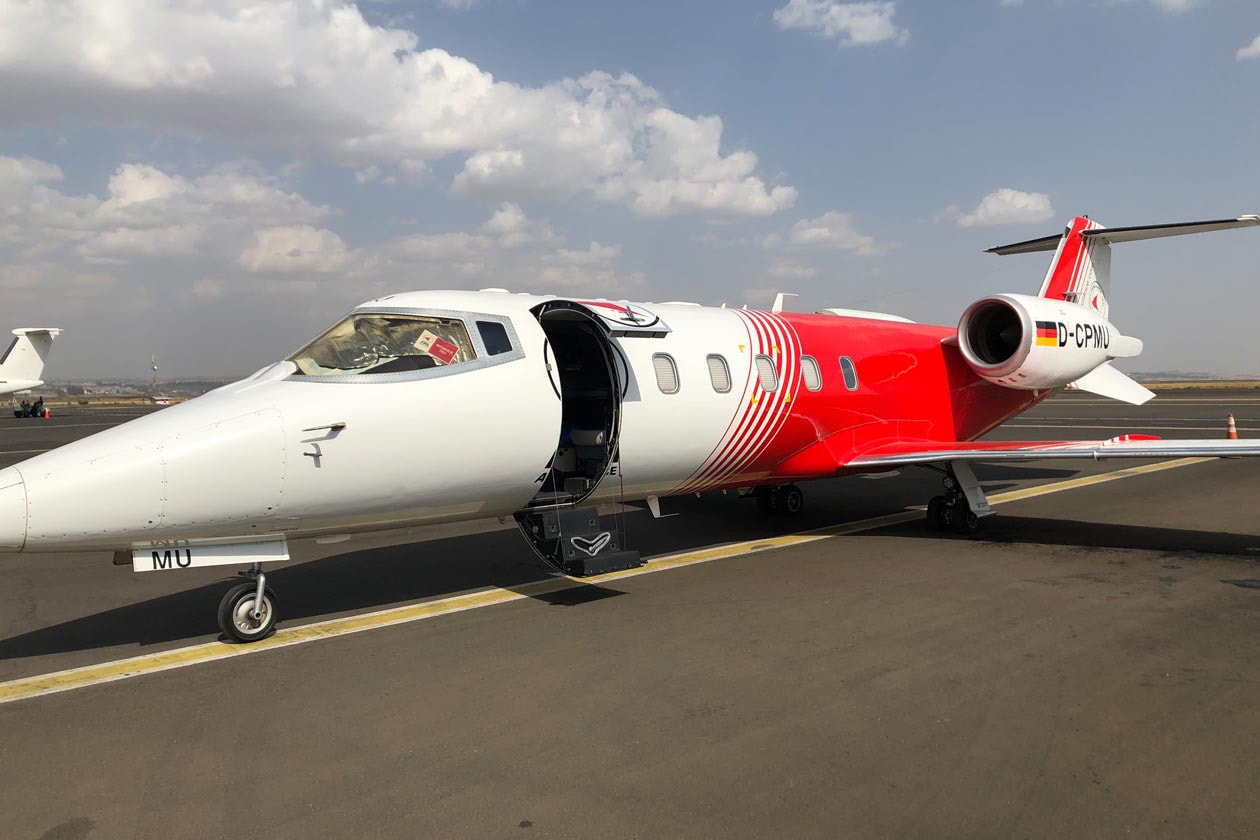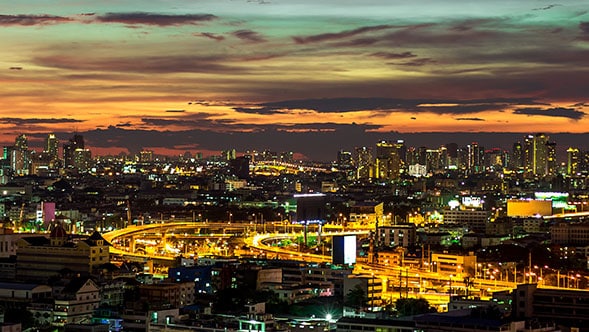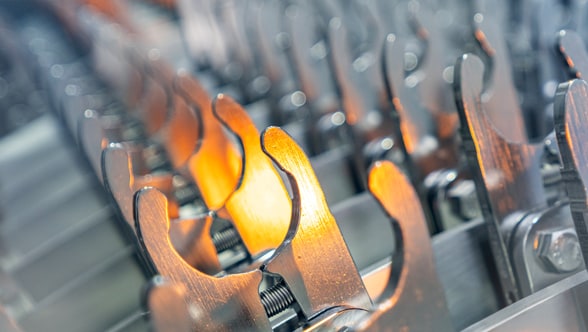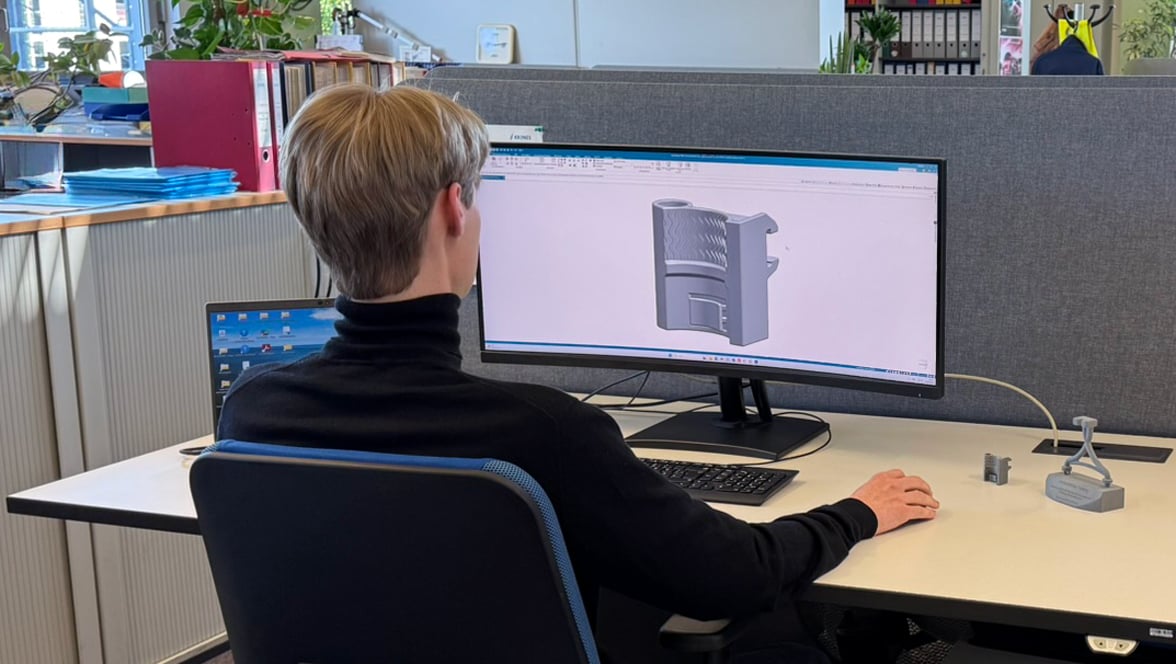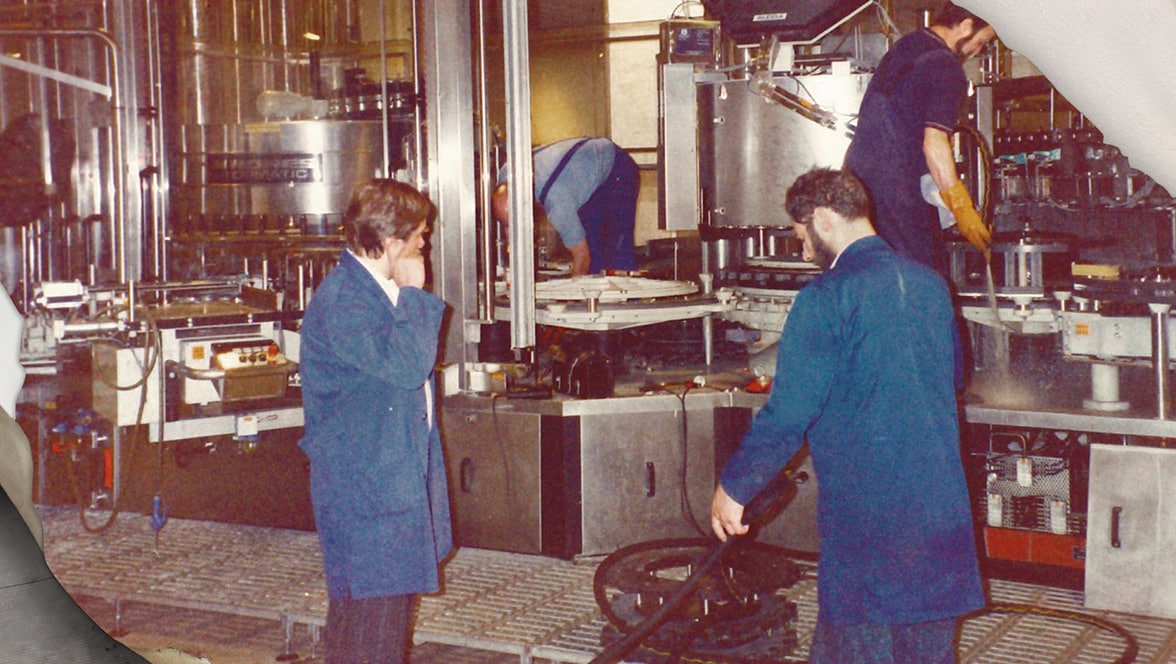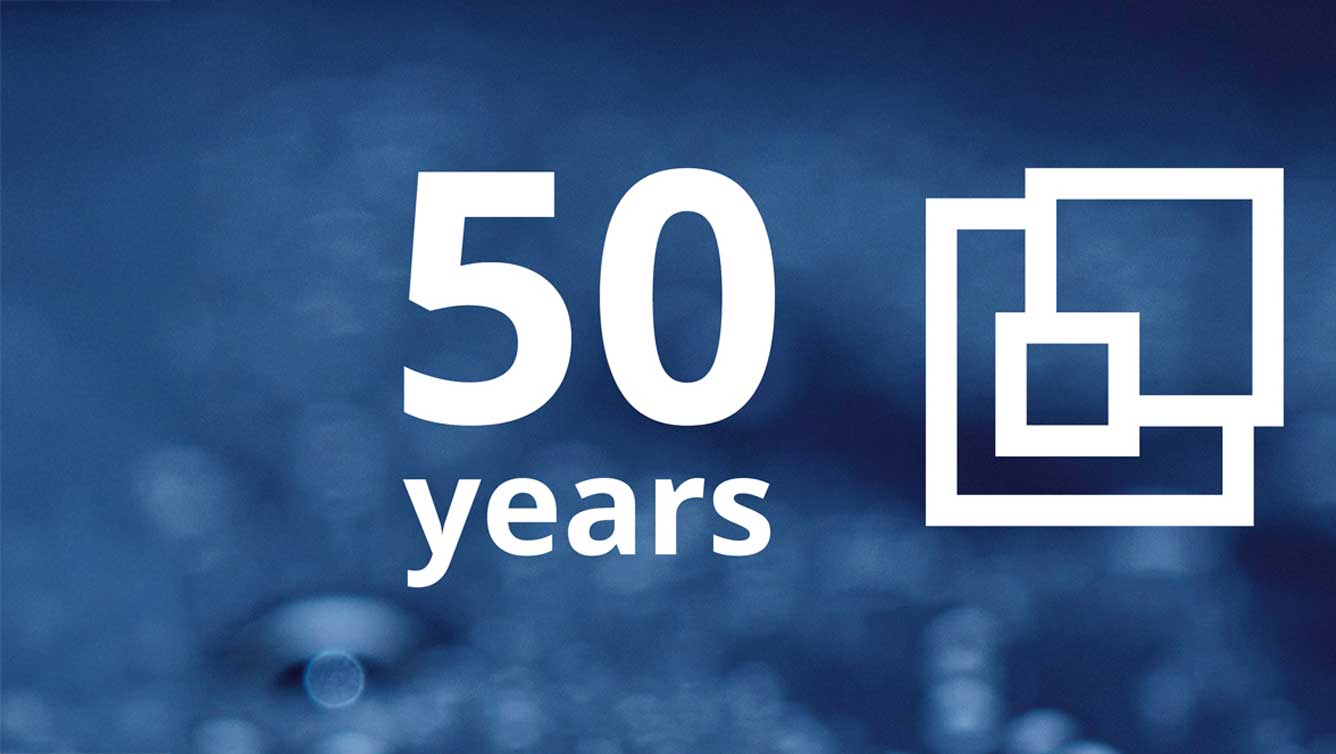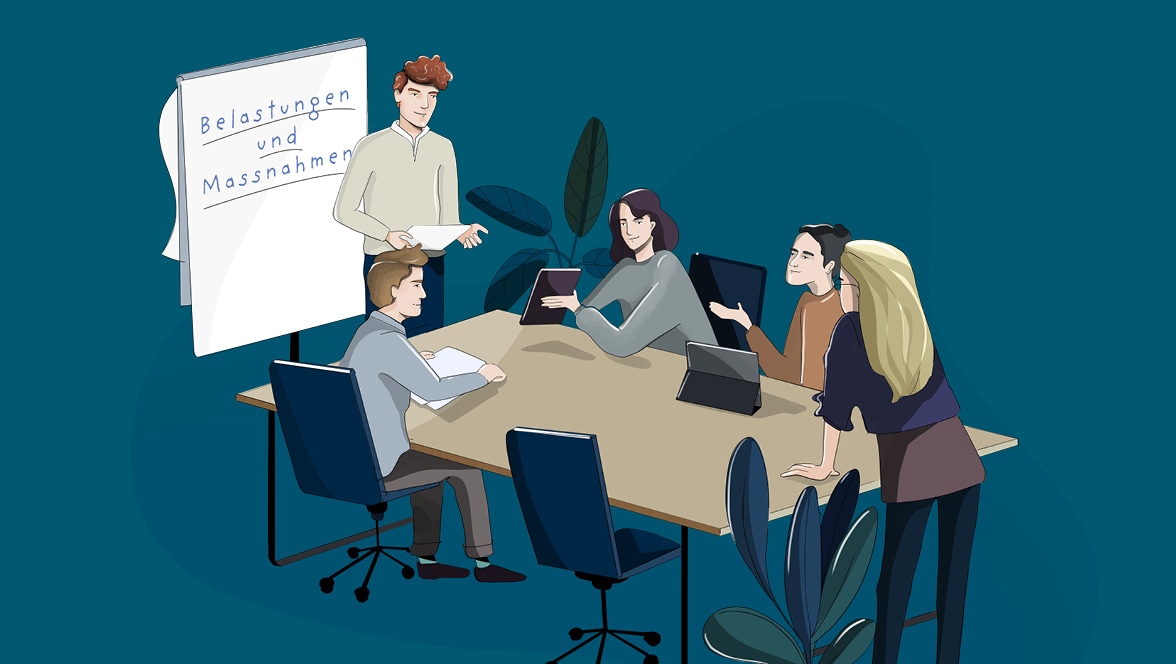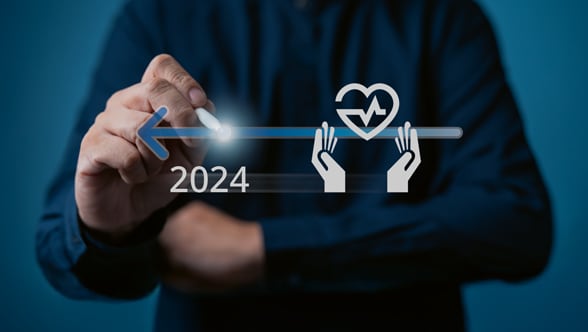Of course, we also took a close look at the impact this would have on our customer projects – both in regard to new-machine business and in Lifecycle Service. As far as new kit was concerned, the major questions were: When had deliveries had been scheduled, and when did the client concerned intend to start up production? Is it possible that Covid-19 will cause delays in delivery and installation? If so, to what extent? And of course all the machines already in operation at our customers’ premises had to be kept up and running – maintenance and overhauls being two of the keywords here.
We need Krones service staff for performing all this work. And this was where the pandemic’s next challenges were lurking: What are the various quarantine regulations all over the world? Is travelling to the areas in question at all possible – or even necessary? If a country becomes a risk territory only after one of our technicians has arrived there, what do we do then? What protective measures can we take for our employees? What are the hygiene rules in the countries concerned?
The issues we had to consider and resolve were many and varied, not to mention multifaceted. By the way, they are all just as relevant today as they were when the pandemic started. For this reason, both our national and international crisis teams continue to meet several times a week, and formulate appropriate measures based on the current situation.
Let’s stay with the issue of our service staff – What has Krones done here?
Protecting our employees, and the client’s workforce of course, is our top priority in every single one of our decisions. And the measures we’ve taken for our service technicians were the same as those for our sales staff.
In the case of service assignments, our planning team first of all asked the technicians in question whether they wanted to take them on. So it was the employees themselves who took the first decision. In addition, our Executive Board then had to give the “Go ahead” for every business trip.
Before any specific service assignment started, we drew up a safety concept for it in close liaison with the customer concerned, based on the relevant government resolutions. In most cases, our concept went beyond state-issued stipulations or applied an even more stringent yardstick. It was imperative that it be formulated as quickly as possible, ideally within just a few hours.
As soon as the concept was set, the employee involved was informed about all the requirements it contained. But here, we must make it very clear that the protective measures were designed to ensure that the probability of the person falling ill abroad was not higher than it would have been in Germany. And since these measures have proved highly effective, they still apply today.
And what are those protective measures, specifically?
The measures cover the period from the start of a business trip to the employee’s return to Germany. And they factor in all the relevant details, such as travel modalities or destination. The resulting requirements include both basic rules, such as mandatory wearing of masks and regular testing, as well as customer- and country-specific stipulations, which in some cases even differed from region to region. Take Germany as an example: Here every state has had its own regulations at times. And often a country’s requirements changed overnight because some governments had to respond quickly to a sudden Covid-19 outbreak in a certain region.
What’s more, for most sites, we now also send employees whose sole task is to ensure compliance with the safety and hygiene concepts and to serve as direct contact persons for our service technicians in the event of any questions relating to Covid-19.

